Over recent years we have seen a steady increase in the powers of artificial intelligence(AI). Every sector is affected, to a greater or lesser extent. But there is (and will continue to be) one on which will have a massive impact: marketing. Here I set out seven trends showing the impact (present or yet to come) of AI on marketing.

Trend 1: predicting sales
Today Artificial intelligence (AI) allows fine analysis of many external variables (e.g. weather, social networks, searches carried out via advertiser’s various digital devices, sales volumes) in order to predict the sales volumes for a product.
Benefits: There are numerous benefits, relating above all to logistics (manufacturing, storage, transport).
Some examples:
- Knowing the impact of the weather on the sale of barbecues would allow an optimal number of barbecues to be held in stores.
- Knowing the lines of dresses or trousers which get the most likes, shares, etc. means that designs can be created and sold on the market which are a closer match for consumer preferences.
Trend 2: scoring of customers/prospects and targeting
Artificial intelligence identifies the most “interesting” prospects (those with the highest probability of conversion) using, among others, the “look-alike” method. This allows an audience to be identified who “look like” the advertiser’s existing customers, i.e. sharing the same areas of interest, visiting the same sites, the same product categories, etc.
Benefits: Optimisation of acquisition costs.
Trend 3: Personalisation (zoning and editorial content)
AI tests a range of different zoning arrangements for a given page in order to identify the optimal configuration. In most cases, the solutions are based on the technique of multivariant AB testing and machine learning.
Benefits: This depends on the content optimised. In the case of a product description, it will primarily be sensitive to conversion rates, in the context of a newsletter its opening rate and click-through rate.
Trend 4: Personalisation (product recommendation engine)
AI identifies and suggests products (additional products, replacements or just simply new products) which are the most relevant from the perspective of the visitor’s profile. Traditionally, personalisation was based on CRM data. Today, adding artificial intelligence allows new variables to be added, such as:
- Indoor and outdoor geolocation
- Weather
- Social networks
- Browser history
- Etc.
Benefits: There are two objectives: increased sales and improved customer satisfaction.
Trend 5: Personalisation (dynamic pricing)
Artificial intelligence personalises sale prices offered in real time on the basis of the visitor’s profile. Tracking, even if it is now made more difficult by the GDPR, is used to trace the consumer’s path. Thus it can identify, for example, the number of where a given product description is consulted, get information on general sites dealing with the product and/or the associated product universe… Together, these variables make it possible to understand the consumer’s interest in this or that product, and to change the price if necessary.
Benefits: Increased sales volumes
Trend 6: Chatbots (or conversational agents)
AI, and in particular NLP (Natural Language Processing) and NLU (Natural Language Understanding) is used to create conversations between people and machines. More precisely, NLU is used to analyse a phrase and extract meaning (intention) from it, and possibly its variables (entities). To find out more on the subject, check out our article on chatbots.
Benefits: There are many use cases. They can arise in every sector, the different services of a business, B2B, B2C, etc. so the benefits of its implementation vary widely from one situation to another.
Trend 7: listening to and analysing social “noise”
Among the things artificial intelligence makes possible are:
- finding out what is being said about you on social networks
- identifying promoters and detractors
Benefits: The advertiser can respond rapidly to detractors and “defuse” a crisis. Conversely, it can also reward its promoters and hope that they will speak about it in other places (social networks, friends, families, etc.)
How does that work?
These new applications are based on various techniques, in particular machine learning. In general terms, machine learning is a technique allowing the machine to test various situations, and to find out performance via the independent analysis of one or more KPIs.
Among other examples we find deep learning which makes it possible to recognise images, people, facial emotions, objects…
The impact of artificial intelligence on marketing is a very broad subject and far from mature. New functions will appears over the coming years. Unified customer experience platforms (Adobe Experience Cloud, Salesforce, Octave…) too will continue to incorporate new AI functionalities into their solutions, whether bought in or developed internally.


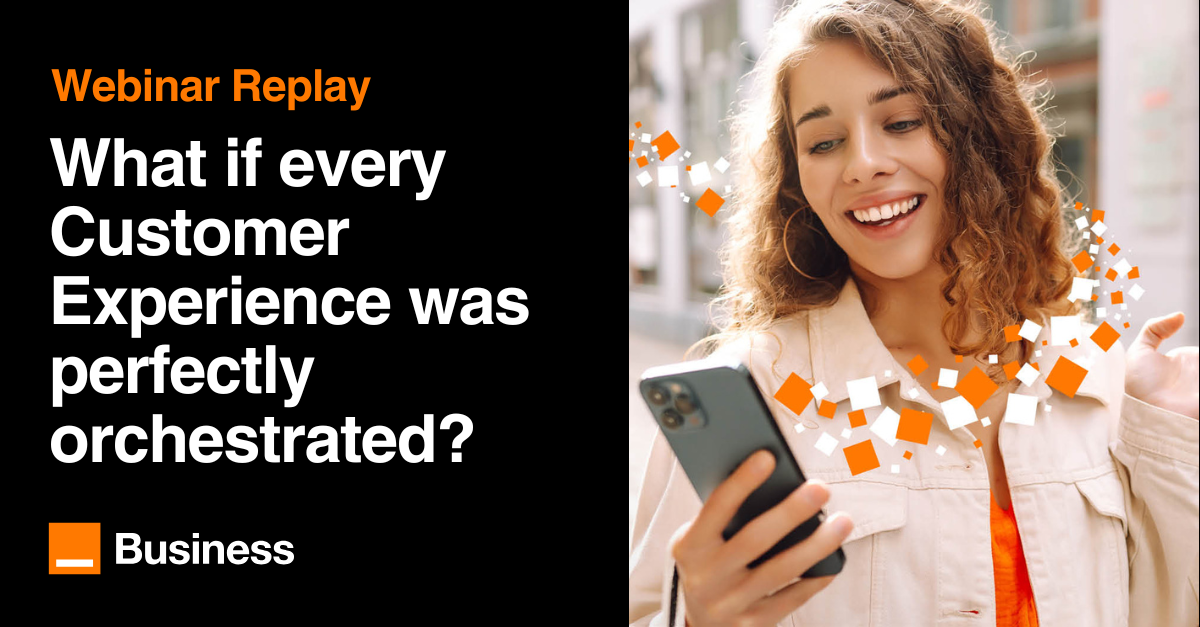
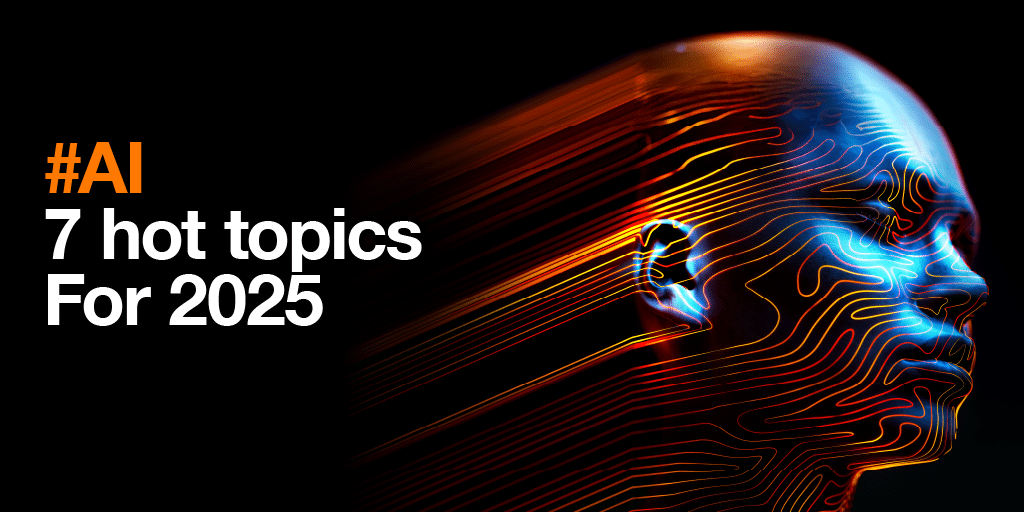
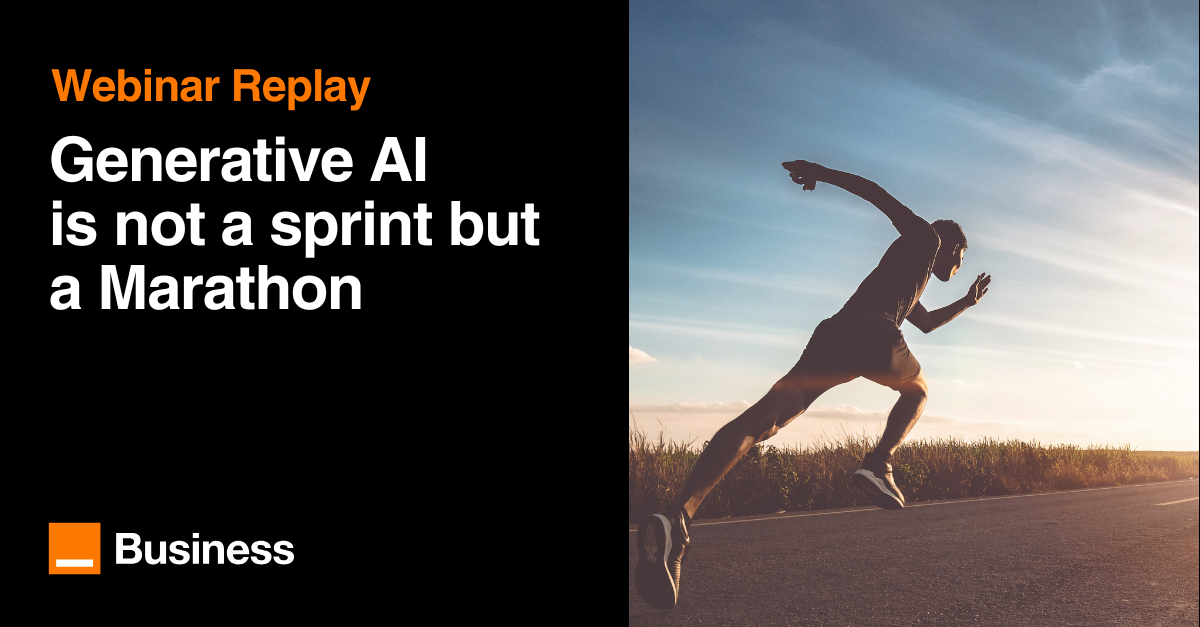
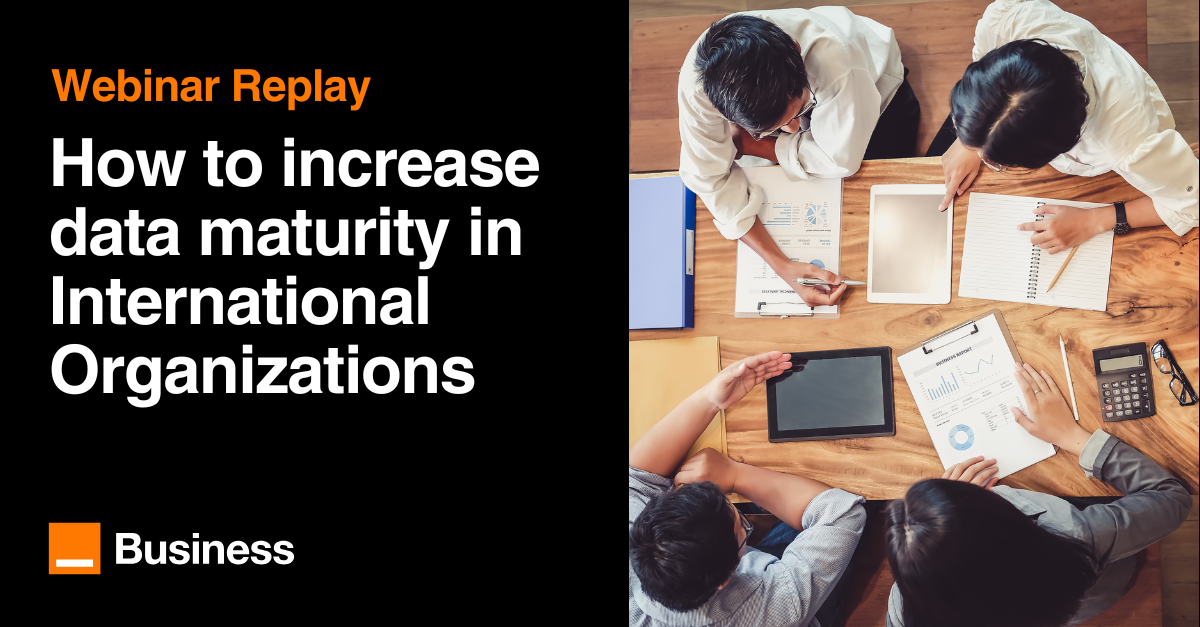
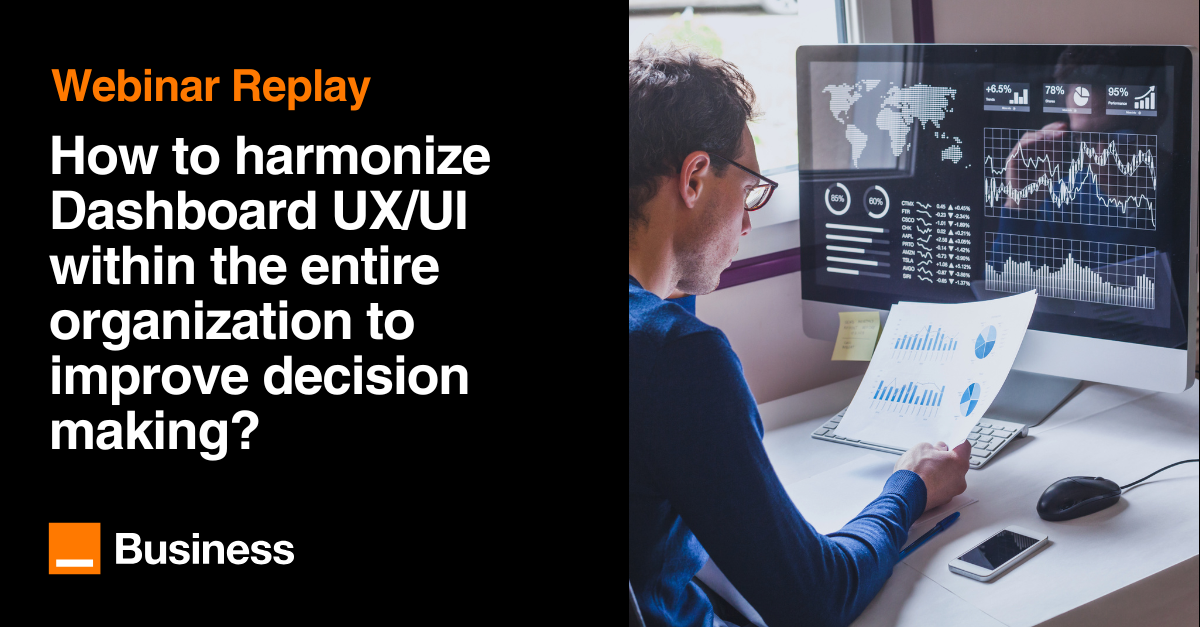
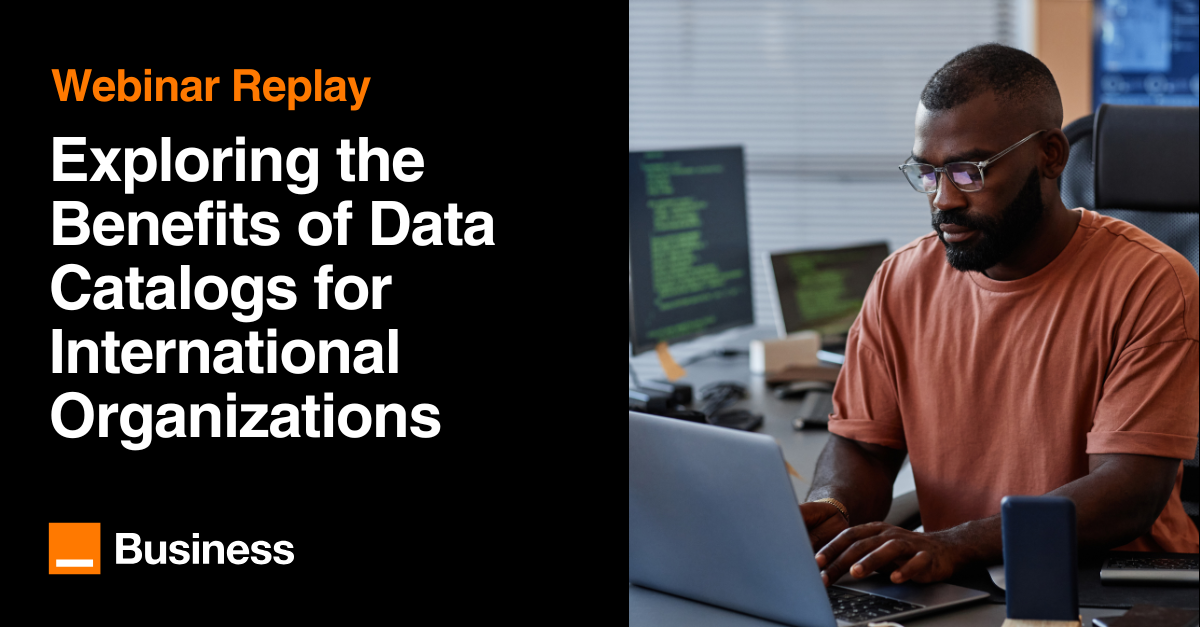

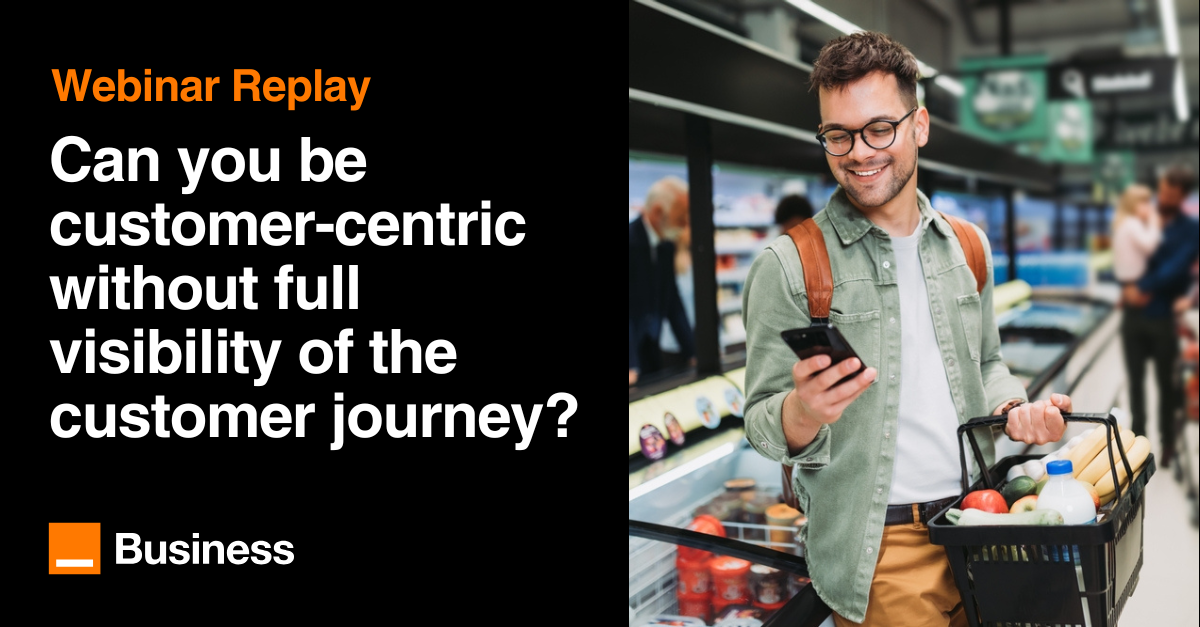

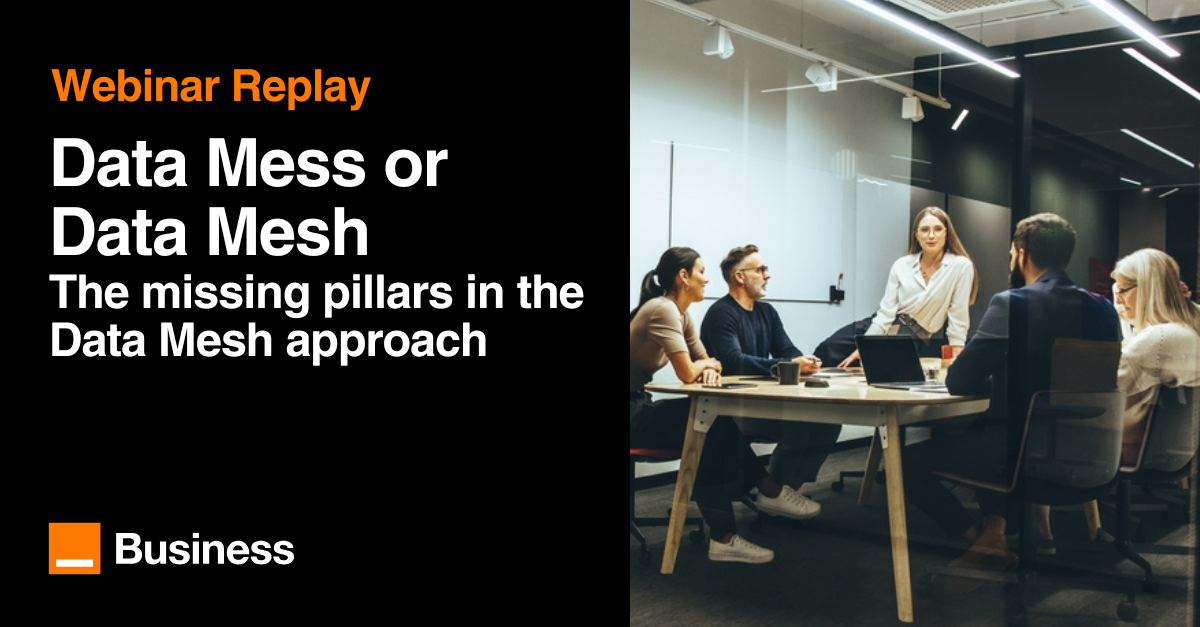
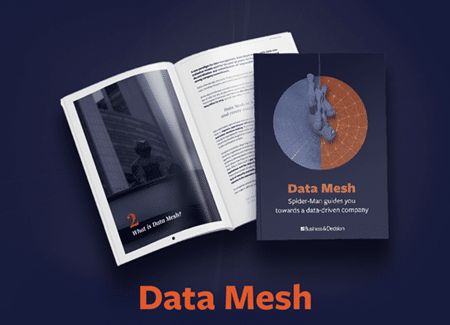

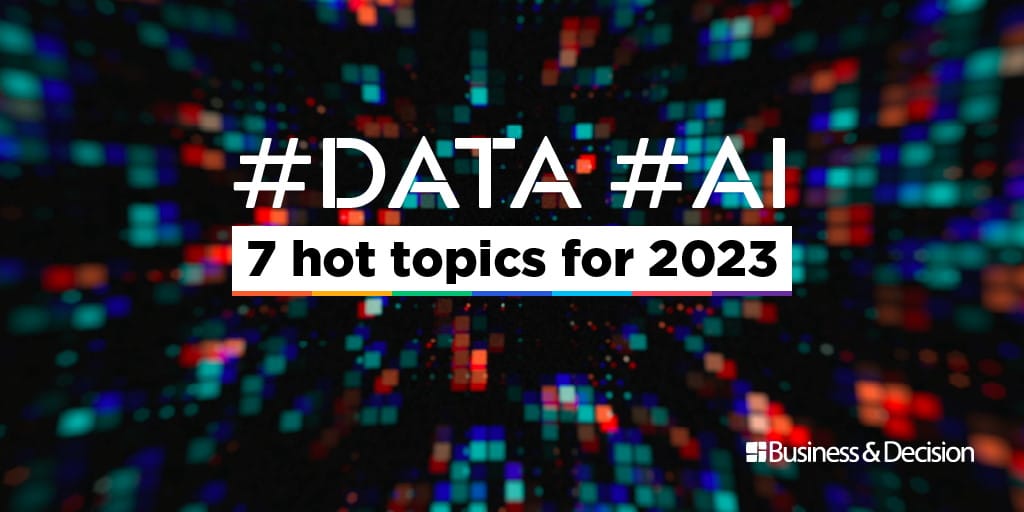

Your email address is only used by Business & Decision, the controller, to process your request and to send any Business & Decision communication related to your request only. Learn more about managing your data and your rights.